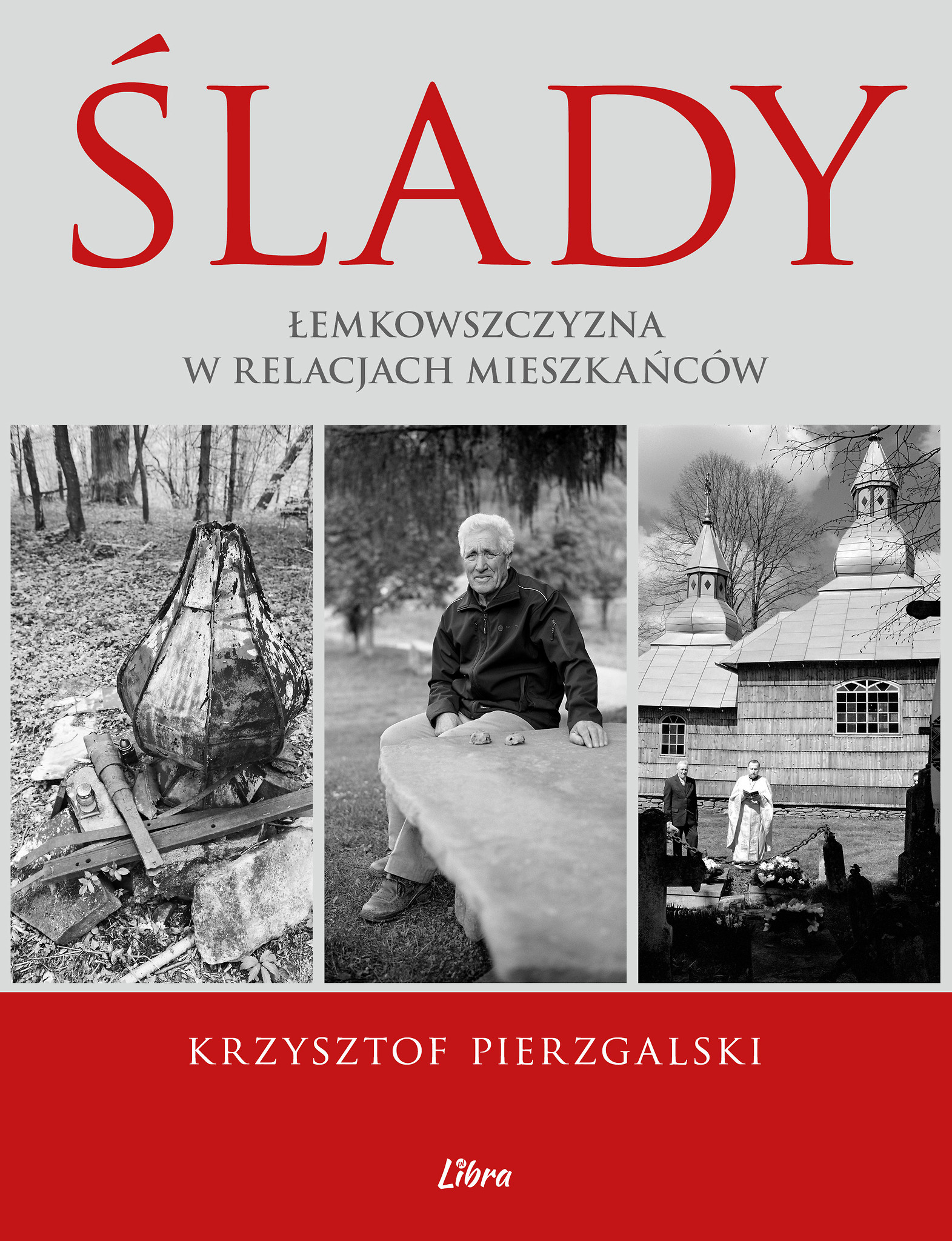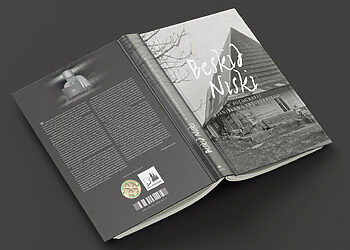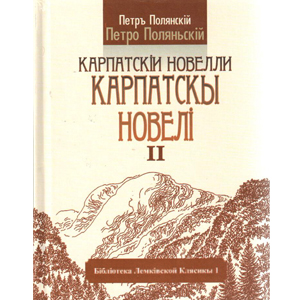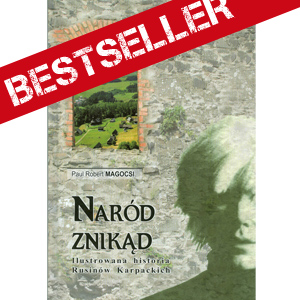«Traces. Lemkoland in the inhabitants’ accounts»
14,38 € Original price was: 14,38 €.13,20 €Current price is: 13,20 €.
Out of stock
Title: «Traces. Lemkoland in the inhabitants’ accounts»
Publisher: Wydawnictwo Libra
Page numbers: 128
Hardcover
Photographs by: Krzysztof Pierzgalski; texts by: Małgorzata Januszewska and Krzysztof Pierzgalski; introduction by: Krzysztof Potaczała
“What are ‘Traces’? A return to the sources, the lost microcosm that – despite so many upheavals – has not yet shed its identity and distinctiveness. Snapshots of tragic history, people and places frozen in black and white frames – a poignant testimony that the author of the album conveys to the readers. For their knowledge, artistic impressions, but above all, for memory.” [Krzysztof Potaczała, excerpt from the Introduction]
“Here in the area, there was no work, so my grandfather worked in Slovakia. He would come home every two weeks. One time he comes back, and there’s nobody! The house is looted and empty! Then he found out that everyone was taken to Ukraine. He searched for them. When he found them, they never came back here.” [Mikołaj Gałczyk, Lemko from Polany]
“Dad was in the field, he comes to the kitchen and says, ‘Get ready, in two hours we need to be on the road.’ The parents cried, but a young man – he didn’t quite realize the situation yet. Because if it happened today… Good Lord!” [Maria Pyrcz, Lemko from Kwiaton]
“In 1947, they locked my father up in Jaworzno. Central Labor Camp Jaworzno – that’s what they called that prison. They kept him for thirteen months without a trial. He said later, if it wasn’t for the hope that he would get out tomorrow, he wouldn’t have endured it. Now he gets a pension supplement for that camp because he was innocent. There was also this guy Harowicz from Myscowa. They slept together on one bunk.” [Piotr Repak, Lemko from Myscowa]
“Our village found itself on the front line. Bullets were flying everywhere. We hid in the potato cellar or ran down to the stream. When it was a bit calmer, father and relatives covered that dugout with tree logs so that bigger shells wouldn’t pierce through. Several of those collapsed on people’s heads. Our neighbor didn’t hide. He went out into the open field with his children and cows. A bomb fell between them and tore his guts out.” [Kazimierz Delimata, Pole from Myscowa, born in Huta Polańska]
“Father was a forester. They suspected he collaborated with the Banderites. In June 1947, they threw him into Jaworzno. They beat him… Beat him with a bed board. Fellow prisoners brought him back on a blanket after that and turned him from side to side. He was all black. After nine months, he came out of the camp, but he never fully recovered. He died in the fall of 1958.” [Jan Ciura, Lemko from Myscowa]
“My sister and I also rode on a cart. We both cried a lot because it was high, we were scared. I remember, I was 6 years old. My kitten ran under the barn, and I really wanted to take him. I felt so sorry for that kitten… People took their chickens in battered crates. Everyone crying. Cows and horses later in the wagons hungry, everything was bellowing.” [Stefania Hładyk, Lemko from Kunkowa]
“But let me tell you something! Once there was a village nearby. It was called Zawadka Morochowska. Now there are no houses there, sir, because they massacred everyone after the war. And it was done by a unit of the Polish People’s Army. Allegedly they had contacts with the UPA. But they were poor and peaceful people, very hardworking. They didn’t harm anyone, and yet such punishment befell them…” [Józef Żurat, Lemko from Morochowa]
ABOUT THE AUTHORS:
Krzysztof Pierzgalski – documentary photographer, traveler. Educated as a biologist. Author of many press publications, photographic exhibitions, and the album “Rudziarze” with portraits of miners from the Częstochowa Ore-bearing Region. Repeatedly awarded in photographic competitions. He collaborated with “National Geographic Poland” magazine for 6 years. Currently, he is an independent photographer and is most willing to engage in long-term documentary projects. One of them is the reportage “Traces,” distinguished in the “Man Beyond Borders” competition organized by the Emigration Museum in Gdynia.
Małgorzata Januszewska – a humanist who conducts interdisciplinary classes and never parts with her pen. She writes poetry, stories, reportages, and articles on social issues. She is inspired by life that she experiences or observes with empathy. Winner of several dozen Nationwide and four International Literary Competitions (including the XXXVI Nationwide Competition in Memory of Halina Poświatowska, XI International Competition in Memory of Szalom Asz, XXX and XXXII Nationwide Competition in Memory of Władysław Broniewski). Present in many anthologies and literary press. Author of the poetic book “slajdy z kucykami” (Slides with Ponies) (LSW, 2015). A lover of mountains, she eagerly ventures off the beaten paths in lowlands.
Category: Books





